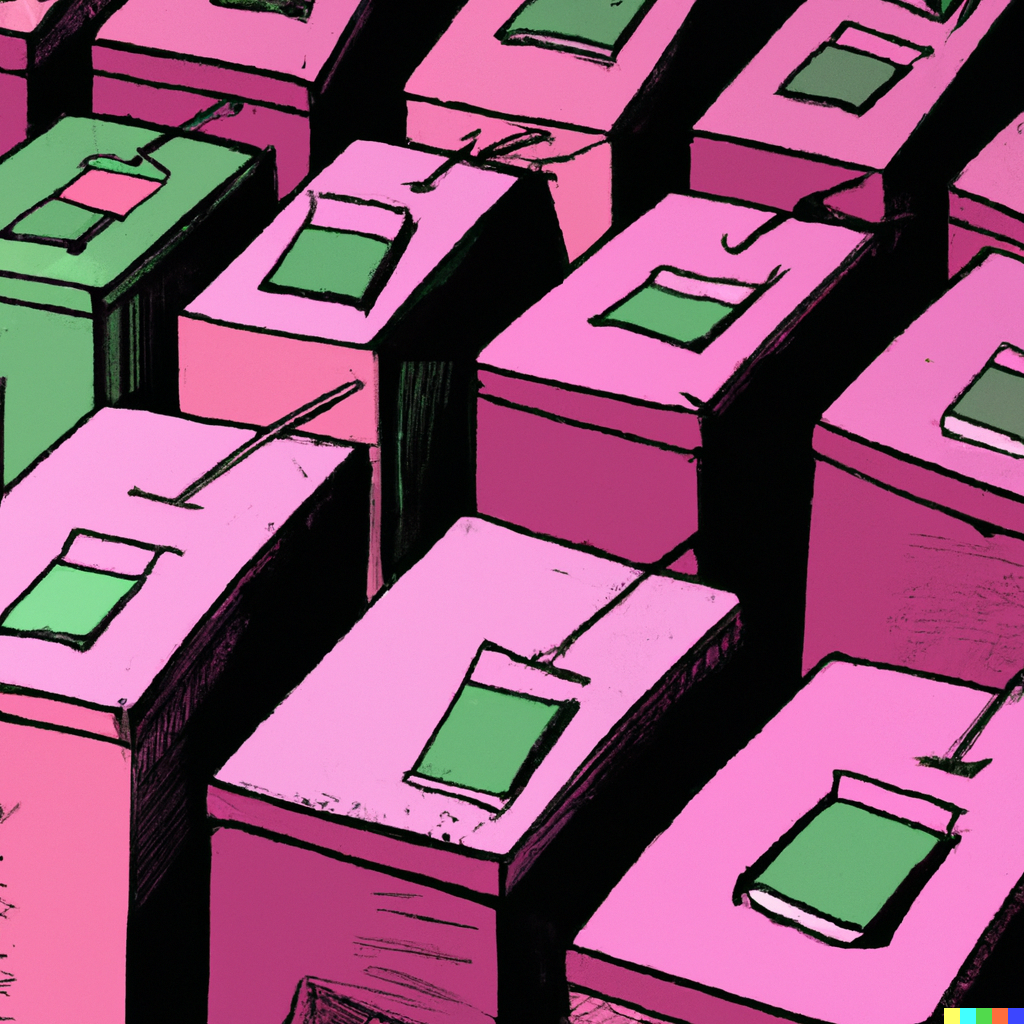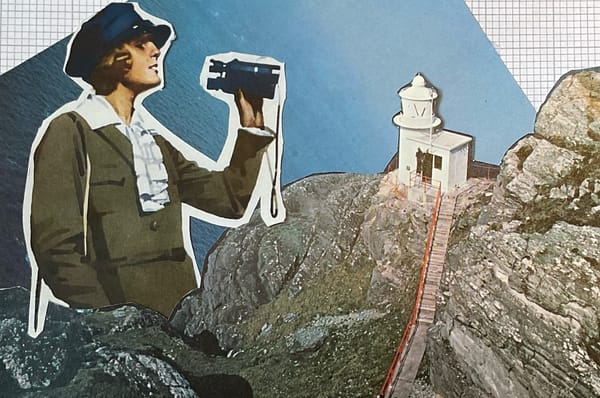3 Things to Watch Out For in the Local & European Election Campaigns

It is nine weeks today to the local and European Parliament elections. A lot has changed in the 4+ years since we last had a chance to pick any of our representatives; Covid, war in Europe, Brexit, the riots, etc. etc. etc.
So what should we be looking out for, especially when looked at through the lens of tech? Here are a couple of things on my mind:
Politicising non-citizen voters to undermine the election
All legal residents in Ireland have a right to vote in local elections, including migrants here to work or study, and also those here fleeing the conflict in Ukraine. I think this is one of the better, and more joyous and inclusive parts of our democratic system. There is a risk, however, that this fact could become politicised and used to undermine the legitimacy of either the process or these voters.
Unlike many of our neighbours, migration hasn't historically been a salient political topic in Ireland, but a recent analysis co-authored by former Ambassador David Donoghue found risks that political leaders will “scapegoat migrants” for housing and cost of living challenges.
Things to be on the lookout for are candidates or influencers spreading disinformation about the rights or the numbers of non-citizens voters, or trying to undermine the legitimacy of their vote. In extreme circumstances, we could see bad actors either harassing non-citizen voters, or exploiting things like the mess that is our electoral register to say there has been fraudulent voting or voter registration by these voters.
{Note that this is not theoretical - see the The Journal FactCheck in response to "recent social media posts" from Sept 2023, and "Voting guides for asylum seekers is a self-serving power-grab" by a different outlet, from Aug 2023}

Our lingering campaign legal grey areas
We have a new Electoral Act, and a new Electoral Commission tasked with implementing it. Yet crucial parts of the Act have not yet come into effect, and these are the parts that cover our massive legal grey areas / black holes in the regulation of digital campaigning.
So, as a country, we STILL do not have any regulations covering online political ads. And this is as we are seeing political advertising globally start to trend towards influencer marketing, which is even harder to track and quantify. I would put money on that being something we see here in a sizeable way this year, especially on TikTok which theoretically doesn't allow political ads.
The other big grey area is Generative A.I., which has been deployed in recent elections to generate quite nice campaign assets (like posters), but also disparaging or misleading attack content. Personally I think the biggest risks for us this year with Gen A.I. are that either
a) a flailing candidate or party uses it in a very obvious way so people in the media talk about them (remember the spoof cheap fake "search for ideas" video?),
b) a nefarious deepfake, like an audio clip, pops up on WhatsApp during the during the broadcasting moratorium, like happened in Slovakia last year,
or c) nobody trusts anything.
And while we are on the topic of legal loopholes, this is your regular reminder that in Ireland there is currently "no restriction on persons or organisations deploying their own financial resources to support a particular outcome at an election or referendum" (that's what the Government found a few years ago, and as best I can tell, the new law doesn't change that). Campaign donations are highly regulated, as is what candidates can spend, but if you have your "own money", legally speaking, you can do what you want.
A hostile foreign actor interferes in the process
OK, this is the one I get most push back on. It feels very tin-foil-hat. But, let me just share a few points and let you make your mind up as to whether this is a risk for us to keep an eye out for:
- The US State Department warned Ireland that we are at risk of Russian election interference, warning that Russia is increasingly using espionage and other “hybrid or grey-zone methods”
- An EU analysis found that Russia is the “main player” systematically interfering in multiple countries inside the EU.
- An European Parliament report highlights funding as an active interference avenue, with evidence of “mainly far-right populist political parties supported by foreign funding”
- The Government analysis I mentioned above highlighted that we have no restriction on foreign-based persons or organisations deploying their own financial resources either within or outside of the State to support a particular outcome at an election or during a referendum campaign
- And technical and legal complexities arise in accurately identifying foreign donations and/or efforts to manipulate the political funding regime
Motivations for foreign interference can be complex, often it is about polarising or disrupting societal cohesion, exacerbating divisive issues, undermining public confidence in democratic institutions and processes, spreading confusion, or generating exhaustion. But sometimes, it is about gaining strategic influence over political decision making - or decision makers - and public opinion. (See Rand)
So, a few things for us to be vigilant for over the next nine weeks, and beyond:
- Information strategies, like social media disinformation and ad purchasing (which again, is not illegal)
- Financing, which if directed to candidates and parties is illegal
- Cyber crime, like ransomware, and malware, and hacking for blackmail or to embarrass or undermine
I know that I am coming across as quite negative here, and to caveat all of the above, Ireland has a strong democracy, and strong democratic culture and tradition, and in my view the most engaged and informed electorate we could wish for. Also, I believe that there is a level of complacency in this country towards our democracy, and that this has left us vulnerable to bad actors. Democracy is fragile, and it is worth (and requires) fighting for.




